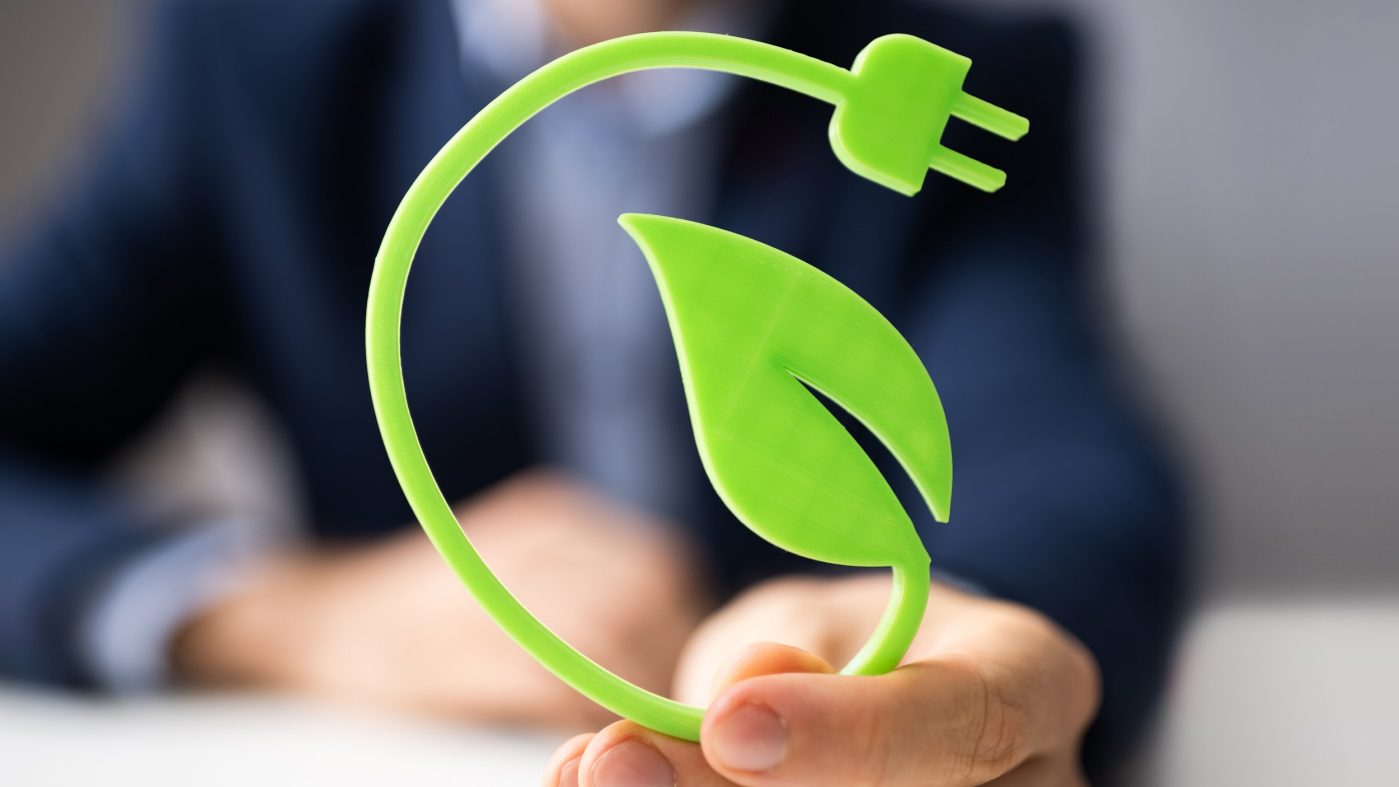 © Andrey Popov
© Andrey Popov
 © Andrey Popov
© Andrey Popov
Wienerberger commits to forward-looking and sustainable energy management across the Group
- Wienerberger provides future-oriented applications and system solutions to reduce emissions and save resources
- Innovative solutions for new build and renovation promote net-zero-emission buildings and support decarbonization in residential construction
- Transition to low-emission energy sources: Renewable energy accounts for more than half of the Group’s electricity consumption
Vienna – Fighting the climate crisis is one of the greatest challenges of our time. As a standard-setter in modern building construction and sustainable housing, Wienerberger is developing modern, innovative system solutions in order to reduce emissions and save natural resources. With its sustainability strategy, Wienerberger has for years been pursuing a consistent path, setting itself ambitious goals for decarbonization and the reduction of CO2 emissions. Over the past ten years, the company has therefore repositioned itself completely in strategic terms and evolved into a full-range provider of energy-efficient, forward-looking, and sustainable renovation, new-build, and water-management solutions.
"Our long-term goal is to implement the European Green Deal: By 2050 at the latest, we want to be climate-neutral. To this end, we are pursuing a clear strategy set out in our Sustainability Program. We are committed to enhancing energy efficiency in production and transport. In the interest of our customers, we have developed an innovative and sustainable portfolio and are employing new, future-oriented technologies.”
Wienerberger has also set itself ambitious short-term targets, with all its corporate activities being subject to clearly defined and demanding ESG criteria: By 2023, the company’s CO2 emissions are to be reduced by 15% and new products are to be fully recyclable or reusable. Sustainable energy management based on the use of renewable sources of energy is the key to the achievement of these targets.
Making buildings energy-efficient
The biggest lever in energy management is the building sector. Overall, 40% of energy consumption and 36% of greenhouse gas emissions are accounted for by buildings. This comprises the entire life cycle of buildings, from construction to occupancy to renovation and demolition. The renovation of existing buildings alone would reduce total energy consumption in the EU by up to 6% and CO2 emission by roughly 5%. Moreover, smart solutions and energy-efficient materials are required for the construction of new buildings. Wienerberger provides system solutions for new build and renovation, thus promoting net-zero-emission buildings and advancing decarbonization in residential construction. A great variety of solutions is available, ranging from sustainable products for the building envelope to in-house energy generation, low-energy heating and cooling systems, solar panels and heat pumps. Wienerberger’s portfolio includes clay blocks filled with insulating material, new facing brick formats for double-shell exterior walls, or energy-saving upon-rafter insulation for pitched roofs. Owing to their low heat conductivity, these products and systems significantly reduce energy consumption.
Climate-friendly brick production
Another lever to reduce energy consumption is production, given that drying and firing bricks is an energy-intensive process. Wienerberger is undertaking a continuous effort to make it more climate-friendly, for instance by employing heat-pump technology to enhance the energy efficiency of the drying process or a highly efficient, novel kiln technology based on green electricity. The latter is being used for the production of climate-neutral thin bricks at Wienerberger’s Kortemark production site in Belgium.
At the Uttendorf site in Austria, a high-efficiency kiln powered by green electricity is currently being tested for the production of Porotherm clay blocks with a 90% lower carbon footprint. Moreover, further measures taken by Wienerberger aim to reduce material input and recover energy, the objective being to produce lighter clay block that require less energy but meet the same quality standard, on the one hand, and to recover energy from the drying process by means of an innovative compression heat pump, on the other. This offers significant advantages in terms of climate, costs, and transport.
Renewable energy is gaining ground
Across the Group, Wienerberger is driving the transition to low-emission energy sources for CO2-neutral production. Depending on the location, the company uses purchased or self-generated green electricity from solar and wind power as well as biogas. Renewable energy sources thus account for more than half of Wienerberger’s consumption of electrical energy.
Flexible pipe solutions from Pipelife
At the same time, the European Commission intends to advance the production of green hydrogen in Europe, the objective being to reach a volume of 20 megatons per year by 2030. This requires a pan-European infrastructure. The existing natural gas infrastructure will have to be retrofitted and a dedicated hydrogen transport infrastructure needs to be created. Wienerberger’s subsidiary Pipelife provides innovative pipe solutions for the transport of hydrogen to the end users, consisting of flexible compound plastic pipe systems for high-pressure transport and polyethylene pipelines for applications at lower pressure.
Press Kit
Contact
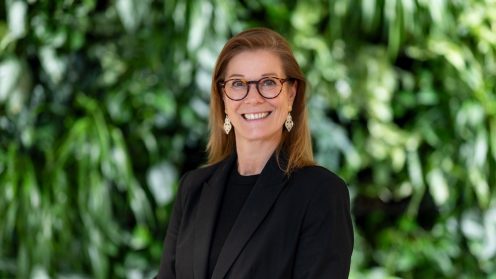
Claudia Hajdinyak
Head of Corporate Communications
Wienerberger AG
© Daniel Hinterramskogler +43 664 8283183 Send e-mail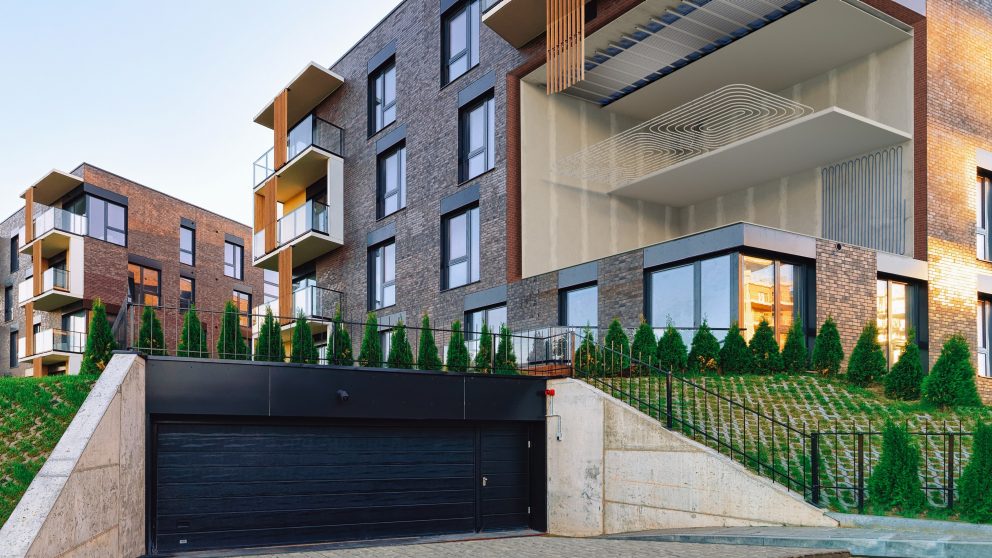


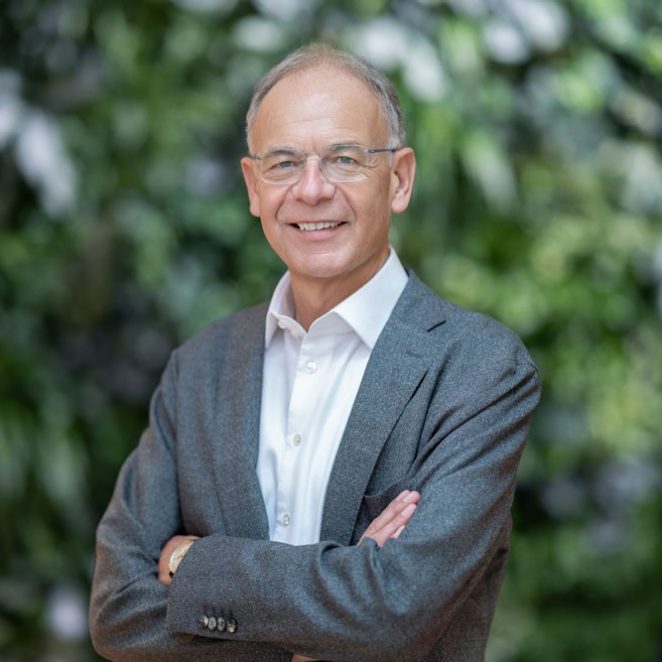
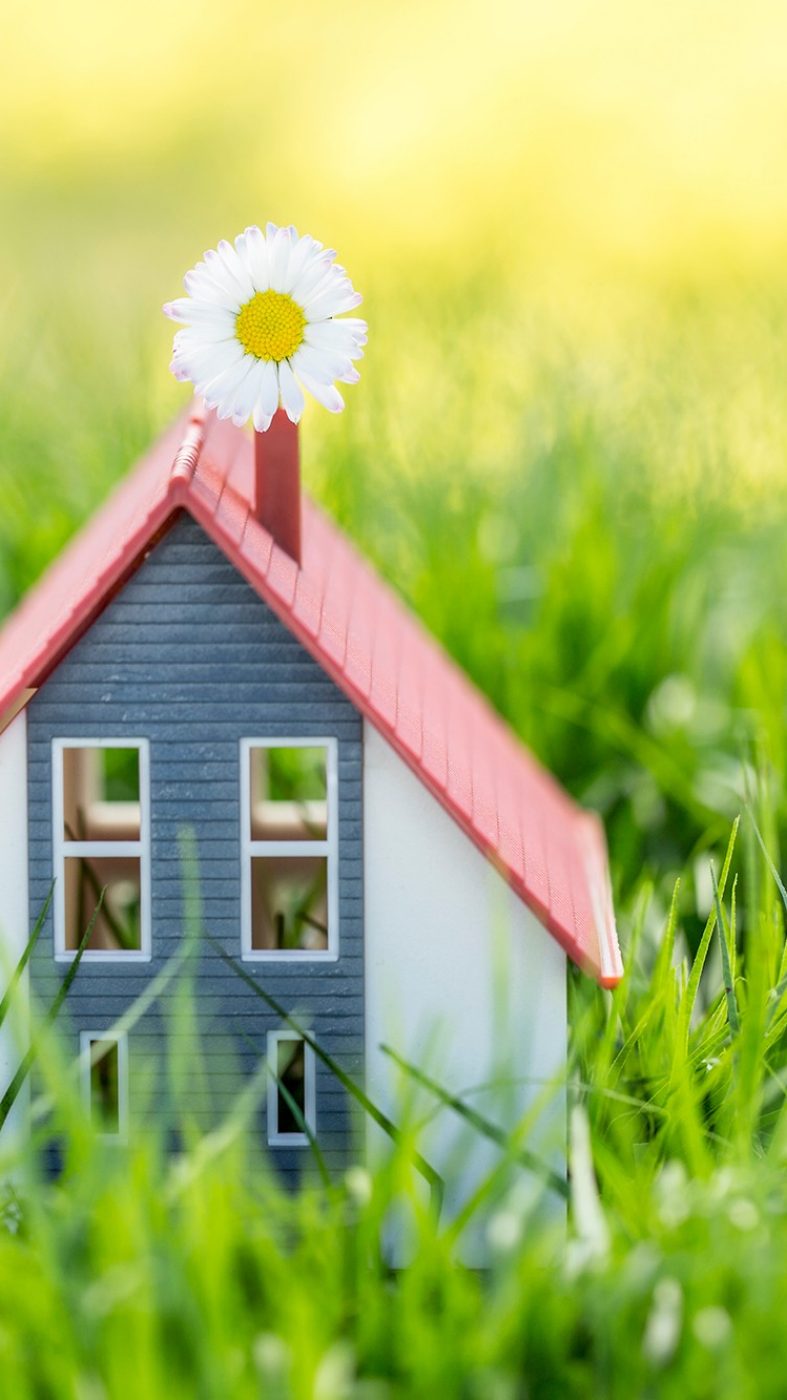 © drubig-photo/Adobe Stock
© drubig-photo/Adobe Stock
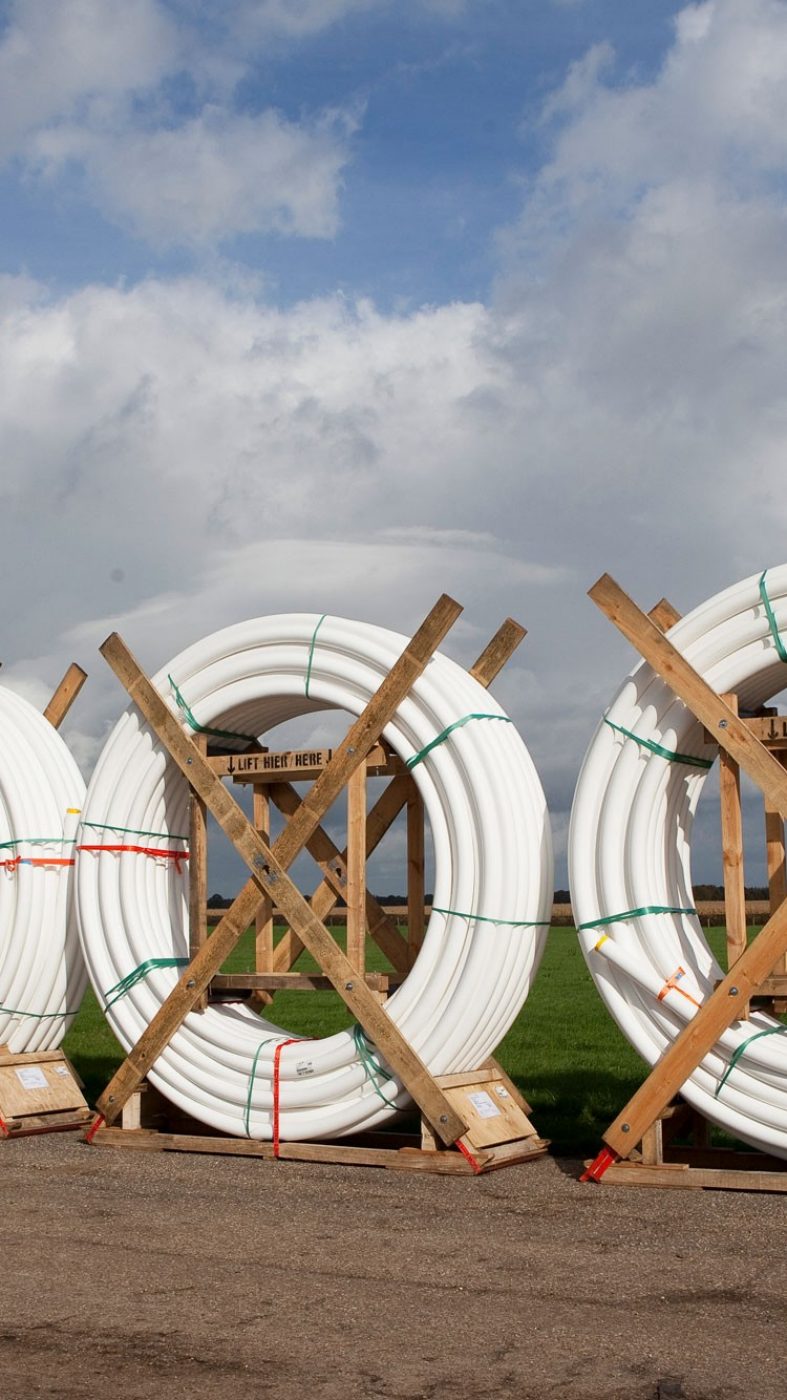 © Erik Poffers
© Erik Poffers
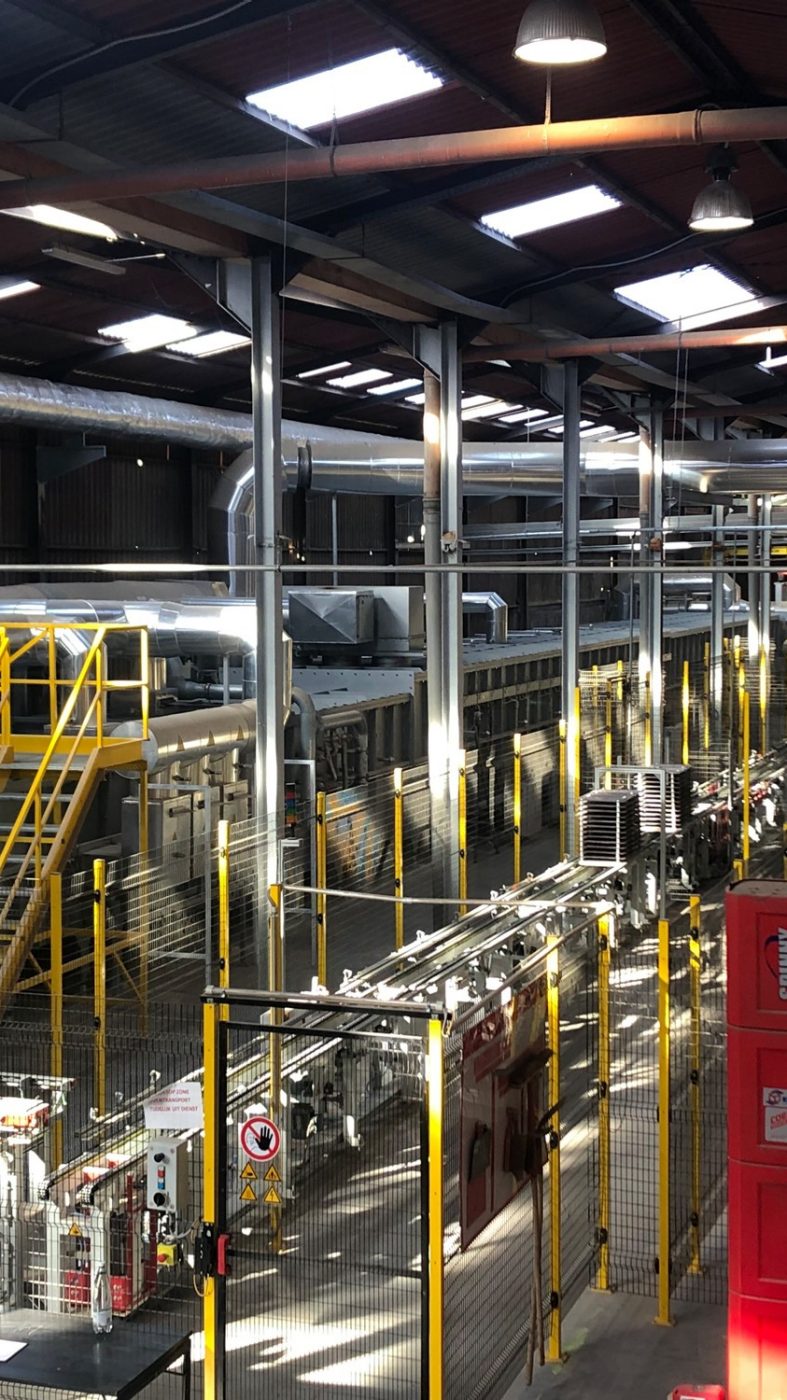 © Wienerberger
© Wienerberger